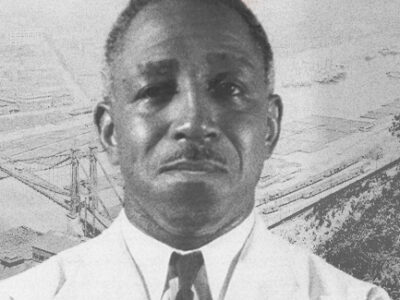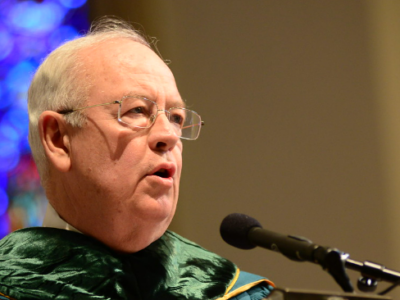The website LifeNews.com has posted some interesting exit-poll data related to Republicans voters in last Tuesday’s Potomac Primaries. In both Virginia and the more liberal Maryland, Republican voters continue to remain overwhelmingly pro-life on the abortion issue. In Virginia, a quarter of Republicans say they want abortion to be illegal in all cases—no exceptions. That’s a very high number, twice what we have seen in national elections. Even then, the sentiment in Virginia and Maryland was actually mild compared to pro-life Republicans in other states that have voted. The party is more staunchly against abortion than ever before, and the nation itself continues to trend pro-life.
Naturally, Republican pollsters considered the Potomac results in light of the ongoing campaigns of John McCain and Mike Huckabee. Frankly, those projections were not terribly interesting, given that both McCain and Huckabee are solidly pro-life. More interesting—though totally neglected—is what the numbers tell us about the failed candidacy of Rudy Giuliani.
Indeed, given all the hot news about the Republican presidential race in the last two weeks—Super Tuesday, McCain’s ascendancy, Mitt Romney’s withdrawal—we have lost sight of something historically significant, which occurred on January 30: the withdrawal from the race by New York’s Rudy Giuliani, whose presidential pursuit is suddenly over. Rudy’s exit is a striking turnabout from just six months ago, when the consensus was that Americans in November 2008 would be voting for either him or Hillary Clinton for president. His departure has profound implications, which have passed without observation in the short-term memory of today’s media culture. Consider:
No doubt, it was Giuliani’s social liberalism, particularly on life issues, which ultimately killed his candidacy. Rudy was considered solid on most other domestic as well as foreign issues, from taxes to terrorism. Abortion was his doom.
Religious conservatives in particular refused Rudy. This was, to be sure, a Republican religious rejection of Rudy, including by the pro-life Catholics who share not only his party but his faith. It was a kind of political excommunication. For the devoutly pro-life Christian conservative, Rudy’s loss was a victory.
But that loss also holds some historical implications: It means that the Democratic Party—to the great chagrin of the ever-dwindling number of pro-life Democrats—will remain the undisputed champion of promoting legalized abortion. The Democratic leadership and its standard-bearers will hoist that banner as we approach a historic crossroads where Roe v. Wade may soon be overturned, especially if the Republicans hold the White House. With Rudy’s defeat, the Republican Party will remain the pro-life party—the go-to party for pro-lifers, including for countless former Democrats who are “Republicans” only because of where the GOP stands on abortion.
With Rudy gone, a history or seminary professor in the year 2080 will not be able to tell his or her students that both parties favored legalized abortion at the critical juncture when the Supreme Court began to turn. A President Giuliani as official head of the Republican Party could have changed that—or at least the perception.
From the start, the hard data was not on Rudy’s side. This was clear from the last presidential race. In 2004, the 15 percent of the electorate who believe that abortion should be “always illegal” cast a ballot for George W. Bush by 77 to 22 percent, or 13.3 million to 3.8 million votes, a Bush advantage of nearly 10 million votes, according to CNN exit polling. The 26 percent who said abortion ought to be “mostly illegal” went for Bush by 72 to 27 percent, or by 21.5 million to 8.1 million.
Those were huge numbers that Rudy was fighting against. Carrying the mantle of promoting the legal right to terminate unborn human life at any stage of development, from embryos to fully viable fetuses, is simply not a winning issue among Republicans. It may be a big draw for liberal Democrats—a de facto requirement to get the party nomination—but it is not a selling point for the GOP.
A lot of people in both parties do not understand this, or simply refuse. The fact is that there are many Americans who are so horrified by abortion that it makes them one-issue voters, and they could care less if the sophisticated set think them stupid. There are literally millions of voters whose starting point is this matter of life. If the candidate is pro-choice, that candidate does not get their vote. It explains why so many liberals at the national level lose, even allowing for the countervailing force of the pro-choice vote. And while pro-choice Democrats can at least bank on large numbers of pro-choice liberals to help off-set the loss, pro-choice Republicans have no similar back up. Rudy has learned this the hard way.
Rudy Giuliani knew he was vulnerable here; now we are seeing just how much. Rudy’s position on abortion probably denied him a Republican presidency. That denial is one of the more significant but neglected story-lines of this 2008 campaign.




